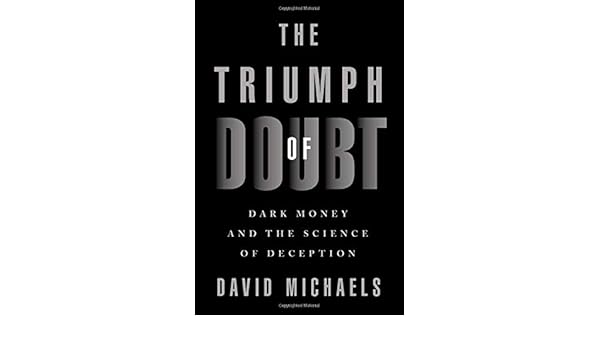Biden’s Executive Order on the Meat Industry
The White House issued a fact sheet on promoting competition in several business areas, one of them agriculture.
Over the past few decades, key agricultural markets have become more concentrated and less competitive. The markets for seeds, equipment, feed, and fertilizer are now dominated by just a few large companies, meaning family farmers and ranchers now have to pay more for these inputs. For example, just four companies control most of the world’s seeds, and corn seed prices have gone up as much as 30% annually. Consolidation also limits farmers’ and ranchers’ options for selling their products. That means they get less when they sell their produce and meat—even as prices rise at the grocery store…Overall, farmers’ and ranchers’ share of each dollar spent on food has been declining for decades. In short, family farmers and ranchers are getting less, consumers are paying more, and the big conglomerates in the middle are taking the difference.
In the Order, the President:
- Directs USDA to consider issuing new rules under the Packers and Stockyards Act making it easier for farmers to bring and win claims, stopping chicken processors from exploiting and underpaying chicken farmers, and adopting anti-retaliation protections for farmers who speak out about bad practices.
- Directs USDA to consider issuing new rules defining when meat can bear “Product of USA” labels, so that consumers have accurate, transparent labels that enable them to choose products made here.
- Directs USDA to develop a plan to increase opportunities for farmers to access markets and receive a fair return, including supporting alternative food distribution systems like farmers markets and developing standards and labelsso that consumers can choose to buy products that treat farmers fairly.
- Encourages the FTC to limit powerful equipment manufacturers from restricting people’s ability to use independent repair shops or do DIY repairs—such as when tractor companies block farmers from repairing their own tractors.
The rules seek to make it easier for the agency to challenge unfair and deceptive practices by meat processors and would allow farmers to more easily file complaints with USDA or sue under the Packers and Stockyards Act. People familiar with the order said it would also tighten the rules for so-called poultry grower tournament systems, in which contract farmers are paid more or less than their peers in the same area depending on how closely they meet buyers’ standards.
The agency is also moving forward with rules that seek to increase food access through alternatives to supermarkets, like local farmer’s markets, and increase consumer transparency about where meat is raised.
Lest anyone think these are trivial measures, take a look at the reactions.
The North American Meat Institute:
President Biden’s executive order calling for USDA to change the Packers and Stockyards rules will have unintended consequences for consumers and producers…Government intervention in the market will increase the cost of food for consumers at a time when many are still suffering from the economic consequences of the pandemic. These proposed changes will open the floodgates for litigation that will ultimately limit livestock producers’ ability to market their livestock as they choose. These proposals have been considered and rejected before and they are counter to the precedent set in eight federal appellate circuits.
Zephyr Teachout in The Nation:
He ordered the Department of Agriculture to use its full power under the Packer and Stockyards Act to break the stranglehold of distributors and other corporate giants that crush farmers and farmworkers…Biden has a chance to be the first trust-busting presidency in over 50 years—and we keep getting strong signals that he’s got it in his sights. That’s great news for workers, for small businesses, and for the small communities that have been left out in the collapsing concentration of our country for the last 50 years.
USDA Vilsack announces plans to boost competition:
Secretary Tom Vilsack said USDA will offer $500 million in grants, loans, and other assistance to help new meat and poultry processors enter the market, along with $150 million to support small plants that are already operating. The department will also move forward with a series of regulations to protect farmers and ranchers who work with large agribusinesses.
The National Sustainable Agriculture Coalition applauds Vilsack’s action:
NSAC is also pleased to see that USDA will issue new rules under the Packers and Stockyards Act. As directed in the Executive Order, this new rule will make it easier for farmers to bring and win claims, stopping chicken processors from exploiting and underpaying chicken farmers, and adopting anti-retaliation protections for farmers who speak out about bad practices.
Will Biden’s USDA follow through? That would be real progress.



